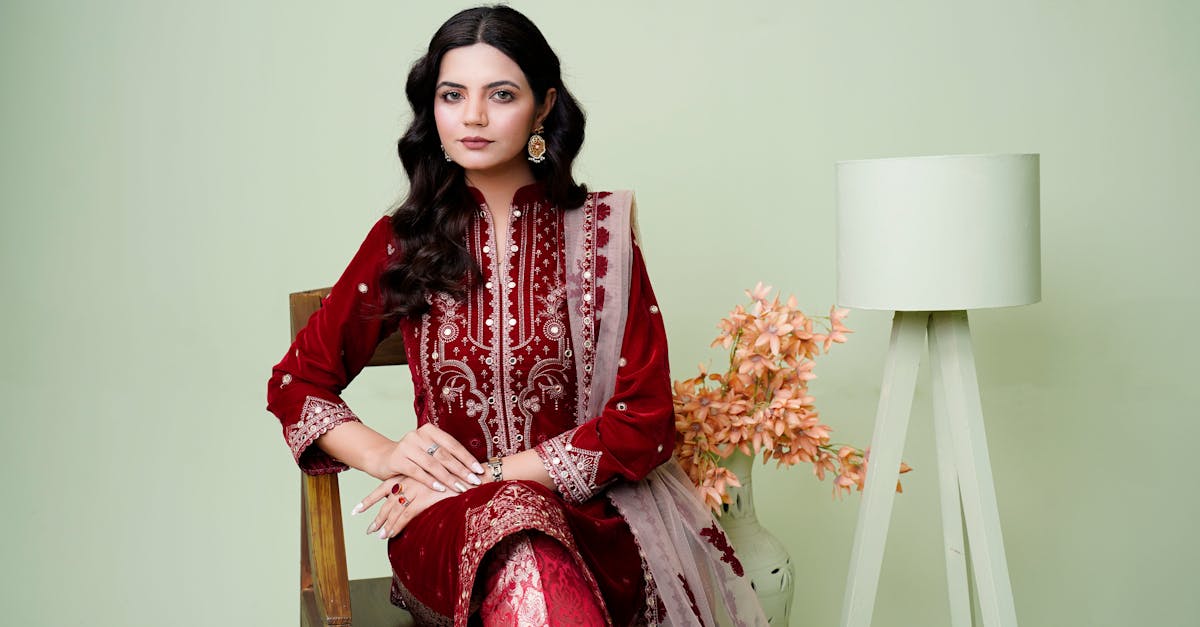Mindful Fashion Insights Evolution Style Consciousness
Introduction
Mindful fashion is not just a trend but a movement that seeks to instill a sense of responsibility in consumers and designers alike. It goes beyond aesthetics, encouraging the fashion industry to adopt sustainable and ethical practices. The evolution of style consciousness reflects a growing awareness of the impact of our fashion choices on the environment and society. As more people turn to mindful fashion, they are promoting not only personal well-being but also global sustainability. This shift in consumer behavior has driven designers to reconsider their materials and processes. By embracing mindful fashion, individuals are contributing to a more conscientious future for the fashion industry.
Advertisement
Understanding Mindful Fashion
Mindful fashion is rooted in the principles of sustainability, ethics, and personal well-being. It encourages consumers to make informed choices that prioritize eco-friendly materials, fair labor practices, and minimal waste production. This approach challenges the fast fashion model, which is often characterized by overconsumption and disposable clothing. By raising awareness of the true cost of fashion, mindful fashion promotes a culture of thoughtfulness where style is achieved without sacrificing the planet or exploiting workers. The movement is gaining traction as people recognize the interconnectedness of their purchases and the larger impact on the earth's resources.
Advertisement
Sustainability and Its Importance
Sustainability is at the heart of mindful fashion. It involves using resources in a way that does not deplete them for future generations. Sustainable fashion endeavors to minimize environmental damage by employing organic, recycled, or upcycled materials. It also emphasizes durable clothing that withstands time, reducing the need for frequent replacements. Third-party certifications, like GOTS and Fair Trade, help consumers identify genuinely sustainable products. As awareness grows, the demand for sustainable options is pushing the fashion industry to innovate and minimize its ecological footprint, spurring a metamorphosis towards more eco-conscious clothing lines.
Advertisement
The Ethical Dimension
Ethics play a crucial role in the mindful fashion movement. This includes ensuring fair wages and safe working conditions for garment workers, combatting child labor, and supporting communities. Conscious brands strive for transparency in their supply chains, encouraging consumers to understand where their clothes come from and who makes them. Ethical fashion brands often produce goods locally or partner with communities across the globe, creating social awareness and fostering empowerment. By supporting ethical brands, consumers become part of a larger narrative that demands justice and humanitarian efforts within the industry.
Advertisement
Mindful Consumption and Minimalism
Mindful consumption advocates for a more thoughtful approach to purchasing and owning clothing. This often intersects with minimalism—a lifestyle focused on reducing clutter and valuing quality over quantity. Instead of buying in bulk, consumers are encouraged to select versatile pieces that align with personal values, lifestyle, and durability. Capsule wardrobes, built around essential and timeless pieces, exemplify this mindset. Through mindful consumption, individuals are better able to appreciate their belongings, making choices that resonate personally and using fashion as a form of self-expression.
Advertisement
Impact on Designers
As consumers shift towards mindful fashion, designers are compelled to adapt to meet these new expectations. This evolution demands innovation in sustainable materials and intricate design processes that ensure longer-lasting, ethically made garments. Designers are increasingly collaborating with scientists to develop cutting-edge fabrics or incorporating traditional techniques to create unique and sustainable collections. These efforts benefit both the brand and consumer, as designers who prioritize mindfulness can differentiate themselves in a competitive market, while consumers appreciate the story and craftsmanship behind each piece.
Advertisement
Challenges in the Movement
While mindful fashion offers numerous benefits, it also faces challenges, such as higher production costs and consumer education. Sustainable and ethical products often come with a higher price tag due to the quality of materials and methods used. Additionally, educating consumers about the importance of these practices and debunking the myth of "faux-sustainability"—where brands make misleading eco-friendly claims—remains essential. Overcoming these barriers requires collaboration both within the industry and with external stakeholders, striving for global policies that support ethical and sustainable fashion practices.
Advertisement
Consumer Responsibility
The mindful fashion movement places power in the hands of consumers. By making informed purchases, individuals actively drive the industry towards sustainable development. Consumer responsibility extends beyond shopping choices; it also involves caring for garments to prolong their lifespan, such as repairing instead of discarding. Advocating for sustainable fashion and supporting brands aligned with ethical and eco-friendly values further empowers individuals. By taking responsibility, consumers can challenge the norms of the fashion industry and promote a cycle of positive change.
Advertisement
The Broader Implications
The ripples of mindful fashion impact more than just what we wear—they extend to a more thoughtful and sustainable culture. The movement emphasizes the connection between humanity and the planet, fostering greater ecological awareness. Additionally, mindful fashion reflects broader societal shifts towards environmental stewardship, demonstrating that consumers hold significant power to instigate change. This evolution in style consciousness inspires creativity and innovation as the industry seeks new ways to balance aesthetics, functionality, and ethics.
Advertisement
Conclusion
Mindful fashion presents an opportunity to align personal style with collective responsibility. It transcends trends, emphasizing sustainability and ethics while fostering a deeper connection between consumers and their clothing choices. As more people embrace this movement, the fashion industry is witnessing a transformation—one that prioritizes environmental well-being and ethical integrity. This paradigm shift is essential for a more sustainable future, as it encourages a harmonious relationship with our planet, influencing how fashion evolves moving forward. Through mindful fashion, consumers are becoming architects of a conscientious fashion landscape set to inspire generations to come.
Advertisement








